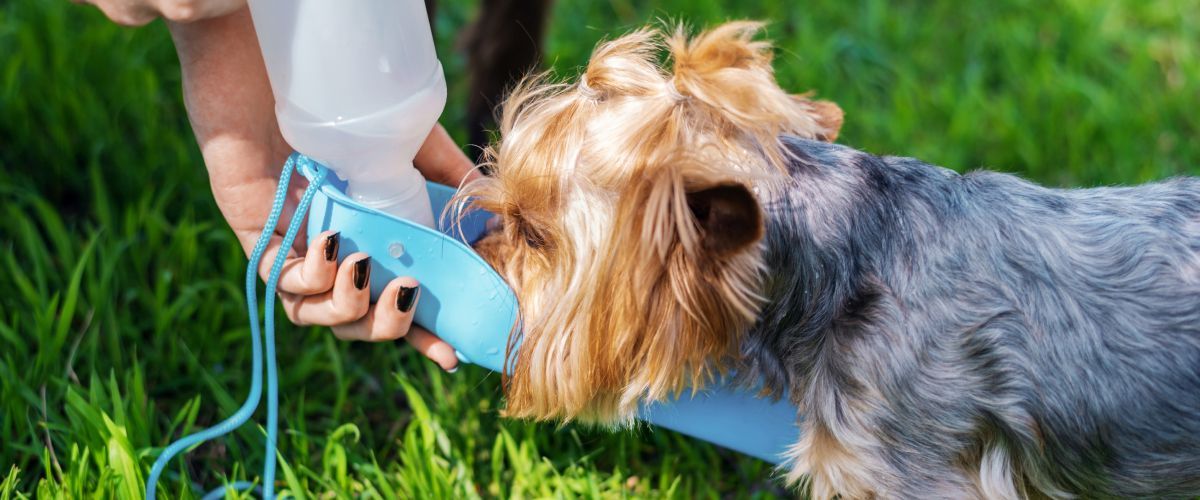Liver failure in Senior Pets
Causes: Liver failure in senior pets can be caused by a variety of factors, including age-related changes, infections, toxins, medications, genetic predisposition, and underlying liver diseases such as hepatitis or cirrhosis.
Symptoms: The symptoms of liver failure in pets can vary depending on the underlying cause and severity of the condition. Common signs may include jaundice (yellowing of the skin and eyes), lack of appetite, vomiting, diarrhea, lethargy, weight loss, increased thirst and urination, abdominal swelling, and neurological symptoms such as disorientation or seizures.
Diagnosis: Diagnosing liver failure in pets typically involves a combination of physical examination, blood tests (such as liver enzyme levels and bile acids), imaging studies (such as ultrasound), and sometimes, liver biopsy to evaluate the extent of liver damage and identify the underlying cause.
Treatment: Treatment for liver failure in senior pets depends on the underlying cause and severity of the condition. It may include supportive care to manage symptoms, dietary changes to support liver function, medications to reduce inflammation and improve liver function, management of complications such as fluid buildup in the abdomen (ascites), and in some cases, surgery or other interventions to address specific underlying conditions.
Prognosis: The prognosis for pets with liver failure can vary widely depending on the cause, extent of liver damage, and response to treatment. Some cases of liver failure may be reversible with appropriate management, while others may require ongoing supportive care or have a poorer long-term outlook.
Pain Management: Pets with liver failure may experience discomfort or pain due to the underlying condition or related complications. It’s important to work closely with your veterinarian to manage your pet’s pain effectively using appropriate medications and other supportive measures.
Nutrition: Nutrition plays a crucial role in managing liver failure in pets. Your veterinarian may recommend a special diet formulated to support liver function and meet your pet’s specific nutritional needs. It’s important to follow your veterinarian’s dietary recommendations closely and monitor your pet’s appetite and weight regularly.
Monitoring and Follow-up: Pets with liver failure require regular monitoring and follow-up care to assess their response to treatment, monitor liver function, and detect any complications or changes in their condition. Be sure to follow your veterinarian’s recommendations for follow-up appointments, blood tests, and other monitoring procedures.
Quality of Life Considerations: As with any serious illness, it’s important to consider your pet’s quality of life when making decisions about treatment options and end-of-life care. Your veterinarian can help you evaluate your pet’s condition and discuss options for managing their symptoms and maintaining their comfort and well-being.
Emotional Support: Coping with a pet’s liver failure can be emotionally challenging. Seek support from friends, family members, or support groups who can offer empathy, understanding, and encouragement. Consider speaking with a therapist or counselor if you’re struggling to cope with your emotions.
Remember that every pet and situation is unique, and it’s essential to work closely with your veterinarian to develop a tailored treatment plan that meets your pet’s individual needs and circumstances.
The post Liver failure in Senior Pets appeared first on Angelpaw.







